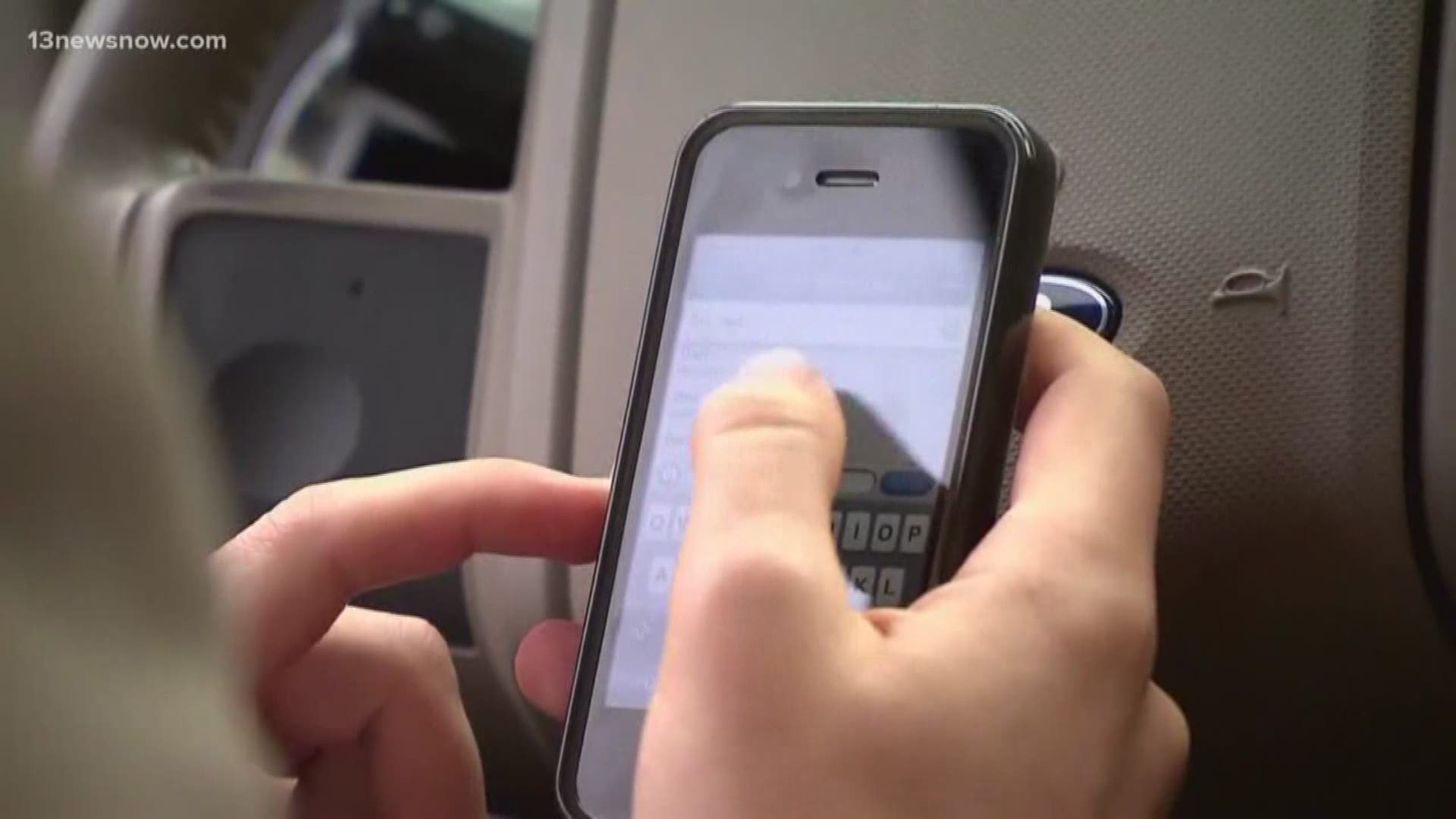RICHMOND, Va. — Governor Northam vetoed a bill Tuesday that would allow for the creation of school protection officers.
The legislation defined that type of officer as a retired law-enforcement officer hired on a part-time basis by the local law-enforcement agency to provide limited law-enforcement and security services to Virginia public elementary and secondary schools.
The bill also said that the Department of Criminal Justice Services will make a compulsory minimum training standard for all of the employed officers. The training could be provided by the employing law-enforcement agency and it would be graduated and based on the type of duties to be performed.
Governor Northam said the bill is "ill-defined." He went on to explain that Virginia law already provides for school resource officers and school security officers, two types of officers with well-defined duties and stringent, uniform training standards.
The Virginia House passed the bill in a 53 to 45 vote, and the Senate passed the bill in a 26 to 13 vote.
Northam's full veto statement:
Pursuant to Article V, Section 6, of the Constitution of Virginia, I veto House Bill 2142, which creates school protection officers, a new type of officer who would be permitted to operate in public schools. According to this bill, school protection officers would be employees of a local law enforcement agency and would provide “limited law enforcement and security services” in public schools. The bill further provides that the Department of Criminal Justice Services (DCJS) would develop training standards for school protection officers and that such training may be provided by the employing law enforcement agency and would be graduated based upon the duties performed.
Virginia law already provides for two types of officers to protect the safety of the Commonwealth’s students and schools: school resource officers and school security officers. School resource officers and school security officers have well-defined duties and responsibilities set forth in the Code of Virginia and are required to meet stringent training standards that are administered uniformly through the DCJS certification process. In stark contrast, the bill neither delineates what duties school protection officers would be authorized to perform nor defines the “limited” law enforcement services to be provided by school protection officers.
In addition, the bill gives DCJS the impossible task of developing training standards for an officer whose duties are undefined and could vary significantly depending on the employing local law enforcement agency. Further, as the bill enables the local law enforcement agency employing the school protection officer to conduct the officer’s training, such training would not be subject to the same level of oversight as the training of school resource officers or school security officers.
The inadequacy of the bill’s provisions regarding school protection officer training is especially concerning in light of the Governor’s Student Safety Work Group recommendation to increase training for school resource officers. The General Assembly’s endorsement of the position that more, not less, training will better serve Virginia’s students and schools is reflected in its passage of House Bill 2609 and Senate Bill 1130, both of which mandate that all school resource officers undergo increased training.
Allowing a new type of officer with undefined duties and indeterminate training will not serve to make Virginia’s students and schools safer. Therefore, there is no compelling reason to create school protection officers when Virginia law already provides for two types of trained officers to provide security in the Commonwealth’s schools.
Accordingly, I veto this bill.
Sincerely,
Ralph S. Northam

